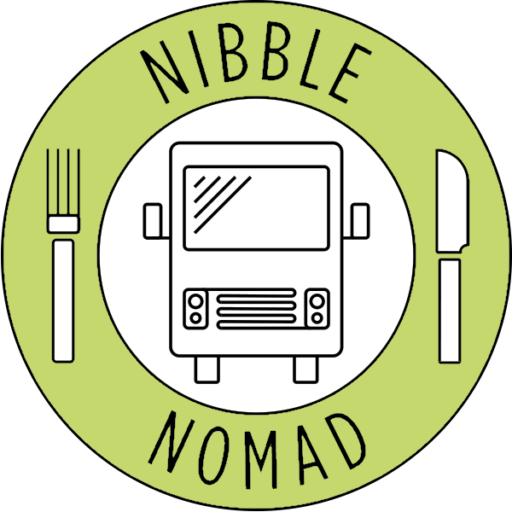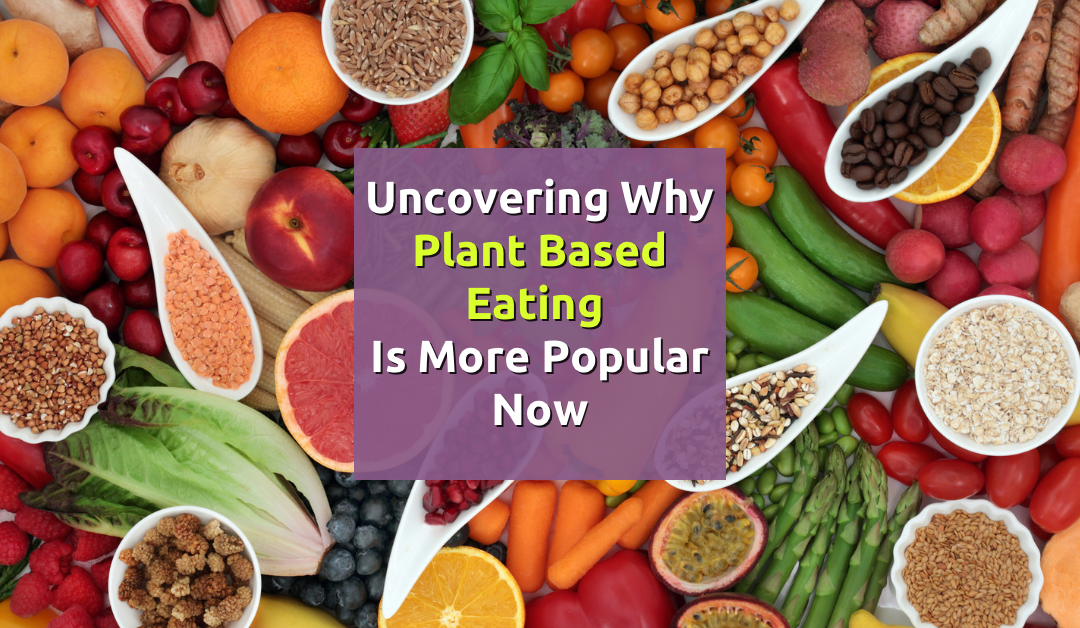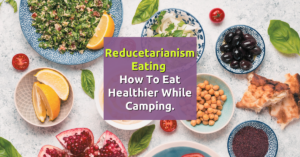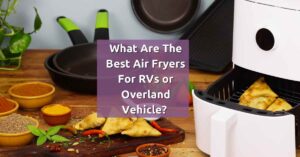Uncovering some of the reasons that plant-based eating is becoming more and more popular now is actually more obvious than you might think.
Paul and I have been on many different eating plans over the years. Trying to find the one that we enjoy the most and the one that gives us the most benefit.
This is even more important when you are in a small kitchen or on the road.
Different Eating Plans
The Mediterranean diet – This one is mostly vegetables, olive oil, and moderate consumption of animal protein.
Paleo diet – The Paleo diet consists mainly of eating meat, fish, vegetables, and fruit, excluding dairy, grain products, and processed food.
The Atkins diet – This is a diet high in animal protein and fat and low in carbohydrates.
The Keto diet – The Keto dieto is one that is based on eating large amounts of animal protein, fat, and low carbohydrates.
All of them have animal products in them.
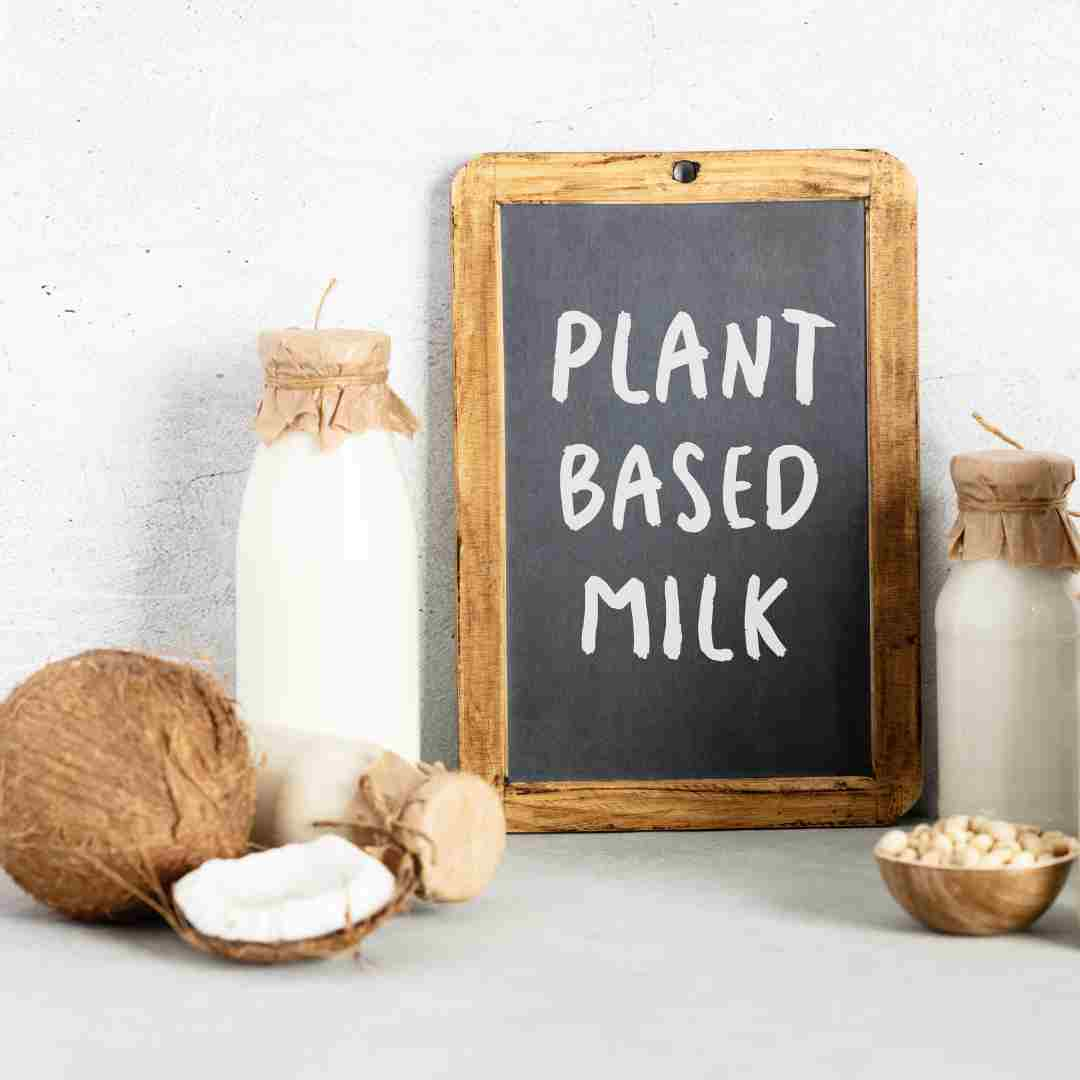
| Disclosure: Please note that this post may contain affiliate links. There is no additional cost to you—we earn a commission if you purchase using our links. We only link to products and companies we use and recommend.
Reasons Plant-based eating is becoming more Popular
After eating all these different ways for so many years, we started noticing that our medical numbers were rising.
The big problem was we also started noticing our waistlines growing.
Now, you might say that when you are traveling a nomadic lifestyle, whether full-time or part-time, you are probably going on hikes and bike rides more. That is not always available.
We have both known for many years that animal products are sources of saturated fat. That kind of fat weighs heavily on your internal organs over time.
Sometimes, it takes a doctor’s warning to make you start to really think about what you’re eating and how you’re preparing it.
Signs of aging were starting to set in on us more than they should have; I mean, we aren’t really that old yet.
It was now time to make a drastic change in our lifestyle.
We spoke further with our doctors and realized that we had to stop eating animal products every day. Plant-based, or a version of it, was going to be our answer for the rest of our lives.
Pros of Plant-based Eating
Health benefits – Plant-based diets are usually very rich in fiber, vitamins, minerals, and antioxidants. These items can reduce the risk of diseases like heart disease, diabetes, and certain cancers.
Weight management – This way of eating is usually lower in calories and saturated fats, which are less than animal products. By lowering these things, weight loss will follow.
Environmental impact – A plant-based diet generally has a lower carbon footprint and also doesn’t need as many natural resources like water and land.
Animal welfare – By reducing or eliminating animal products from your diet, you can help reduce factory farming.
Different food choices – When you incorporate a plant-based diet into your lifestyle you open up a larger variety of foods to make.
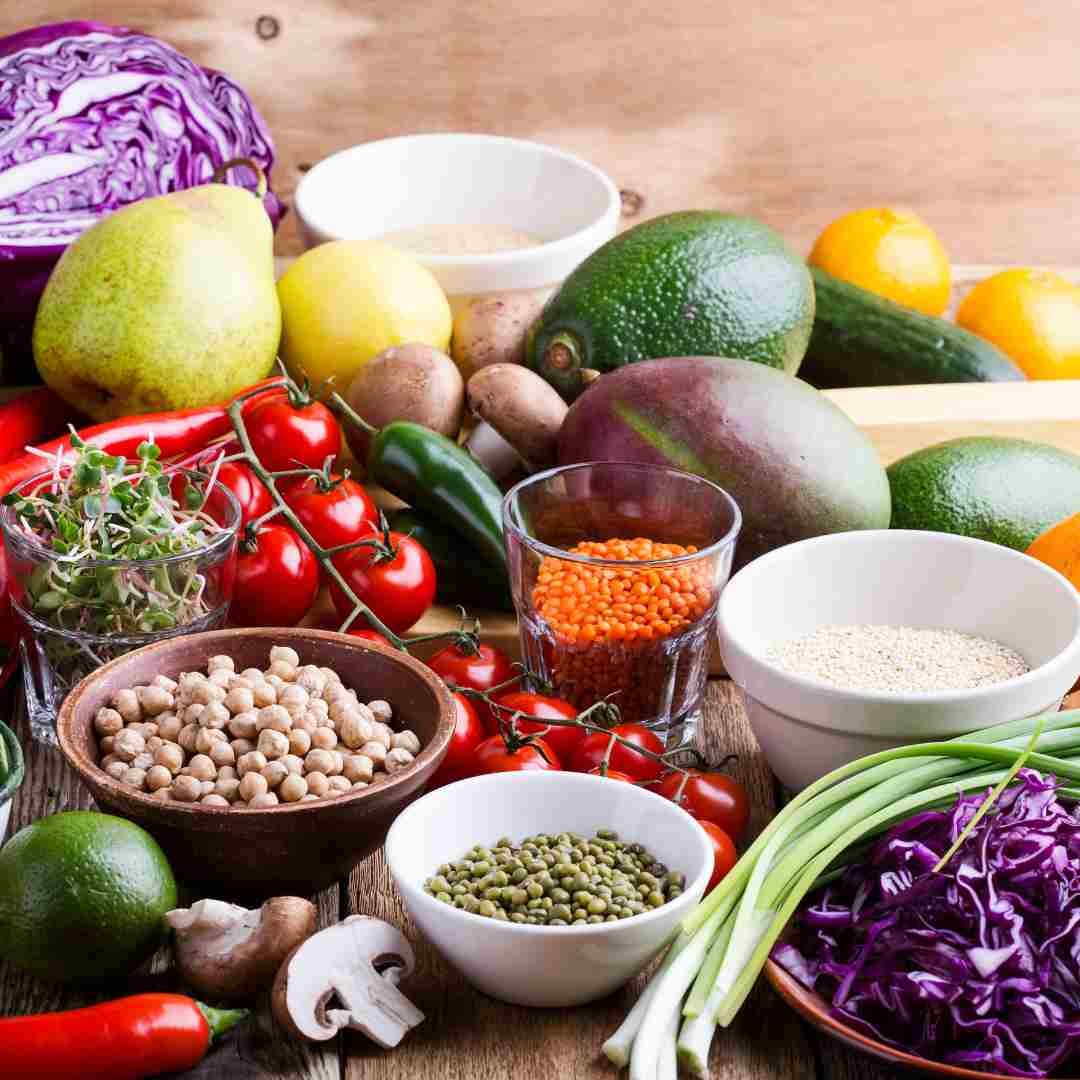
Cons of Plant-based Eating
Social challenges – If you have decided to follow a plant-based diet, you might find some challenges at restaurants, social gatherings, and family events.
Higher cost – The problem now is that plant-based foods are sometimes more expensive than diets that include less expensive animal products. This, of course, varies on location.
Processed foods – While a plant-based diet suggests whole, unprocessed foods, there are still a lot of processed plant-based foods on the market. These items could be higher in sugars, salt, and unhealthy fats. Please read the labels.
Taste and texture – A lot of people find it difficult to get used to the taste and texture of plant-based foods. Just realize that taste can evolve over time with the addition of new flavors and spices.
How to Transition to Plant-based Eating
This can be and should be a gradual process. Give it a chance before you give up.
Educate yourself – Learn about the benefits of the different foods and how to make sure you’re getting all the nutrients you need.
Start with familiar food – The transition is easier if you start with things you already know. For example, by swapping cow’s milk for almond milk or tofu for meat in your favorite recipes.
Gradually increase your plant-based meals – Another way to start would be to have one or two plant-based meals per day and gradually increase.
Explore with new recipes – Look into plant-based cookbooks, websites, or cooking shows. Experiment with ingredients and flavors to keep your meals exciting and tasty.
Find plant-based alternatives – Look for alternatives available in the supermarket, such as plant-based meats, dairy-free cheeses, and meat substitutes.
Listen to your body – Pay attention to how your body responds to these changes. If you’re feeling low on energy or any other type of nutrient deficiencies, talk to a healthcare professional.
Stay flexible and patient – Remember that this is a process. Be patient with yourself and celebrate your progress along the way,
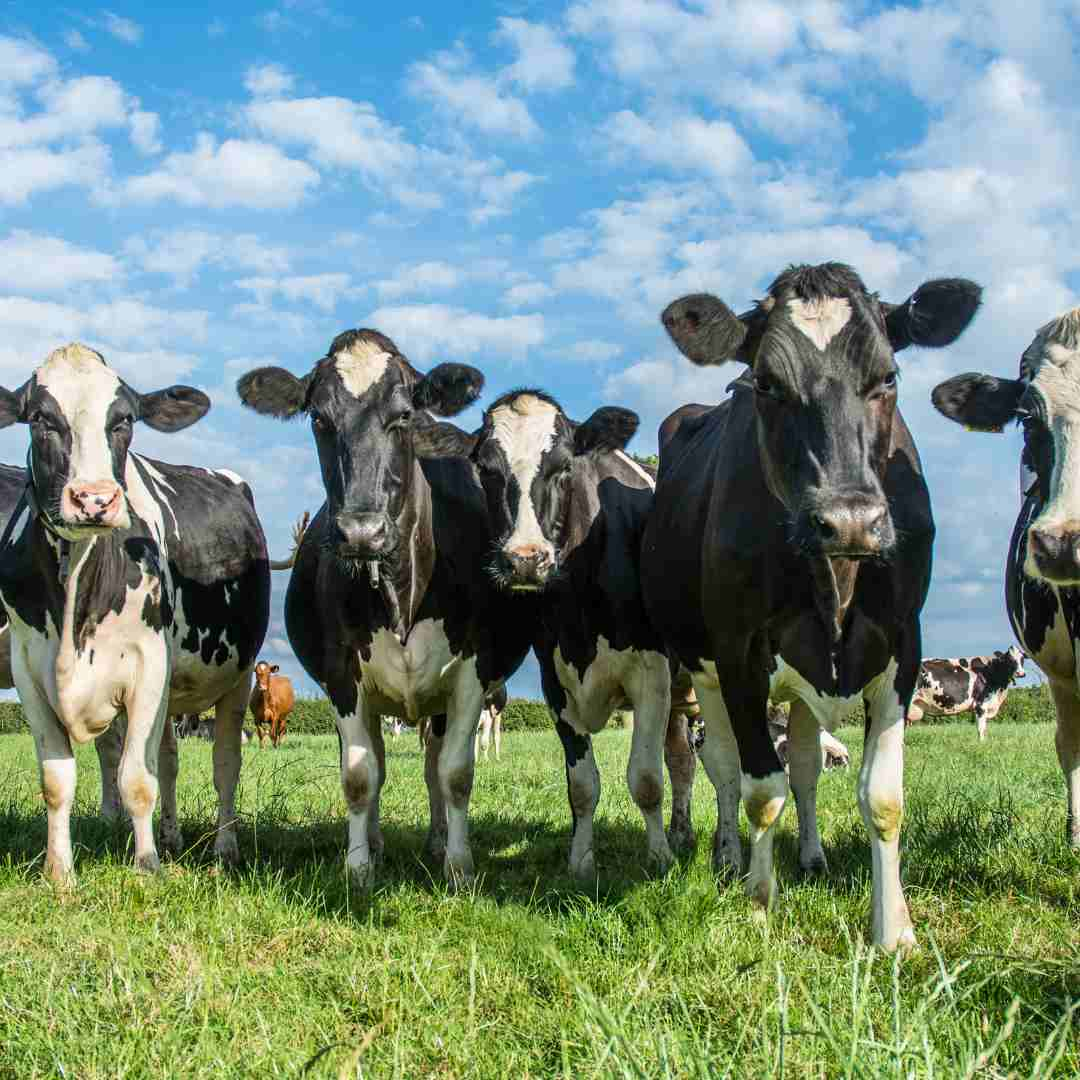
Signs of Success from Plant-based Eating
Paul and I have made that change and haven’t looked back. Our bodies are already feeling the differences in our day to day life. It’s amazing to happily watch some of the pounds melt away. We still eat some animal products a couple of times a week, but not like we were before.
We have taken on a plant-based lifestyle for both our health and also for the environment.
I know that this way of eating is the best thing for us personally. But over time, we’re also hearing more and more success stories about others who are seeing the same results.
Please let us know if you are thinking about or have made the transition into a more plant-based lifestyle.
Makes camping easier
Having a small kitchen in a home or RV makes it much easier to stock up on food when you don’t have to worry about meat or poultry going bad. Perishable items need more power to maintain freshness.
Plant-based foods tend to be lighter and more portable than animal products, which helps with storage on a camping trip—especially backpacking!
Most of these foods do not require any cooking, which can help with the need for more or various types of cooking equipment and fuel.
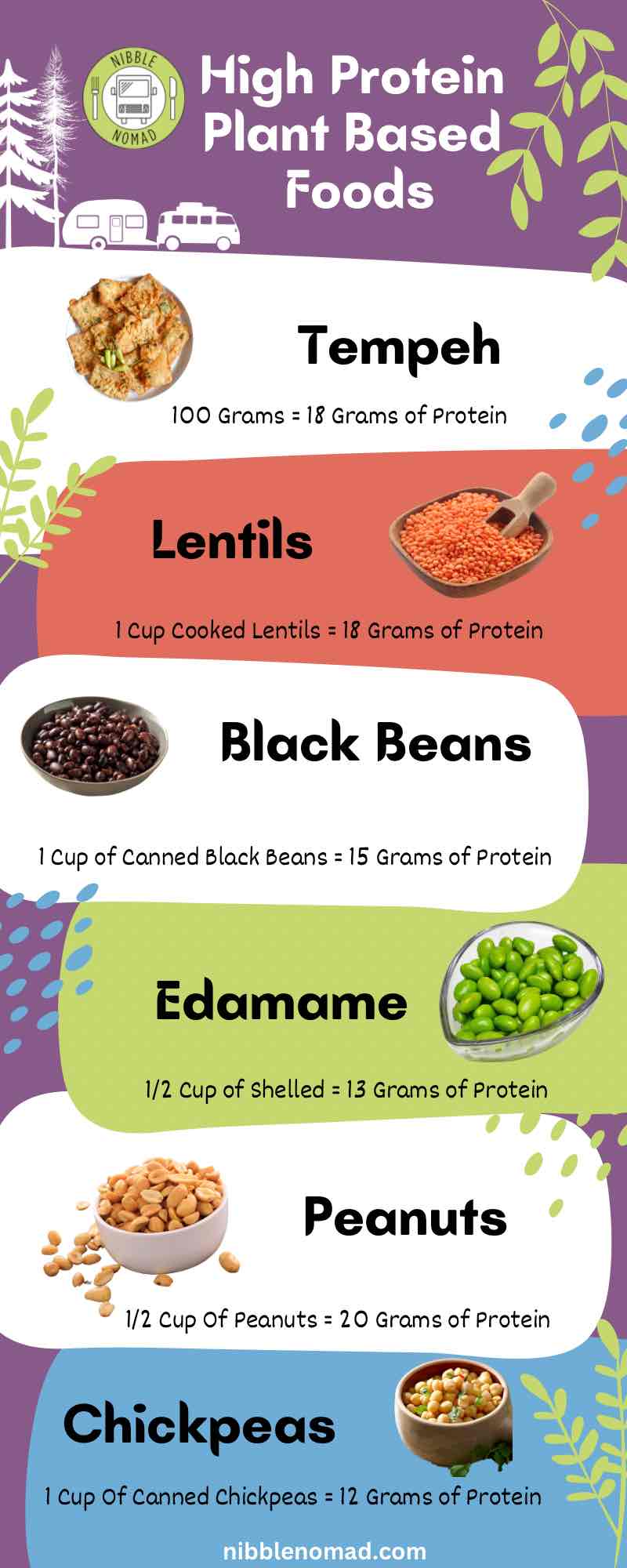
Finally
Overall, the pros and cons of a plant-based diet can vary depending on individual health needs, environmental concerns, and personal preferences.
It’s important to consider these options carefully and consult with a healthcare professional or registered dietitian when making dietary changes.
Nibbler Tip: The best way to start this type of eating is to start gradually. Don’t make abrupt and drastic changes. If you go cold turkey, you might resent your choices and give up totally.
Related Post
AMAZON DISCLOSURE: This website participates in the Amazon Services LLC Associates Program, an affiliate advertising program designed to allow us to earn fees by linking to Amazon.com and affiliated sites.
